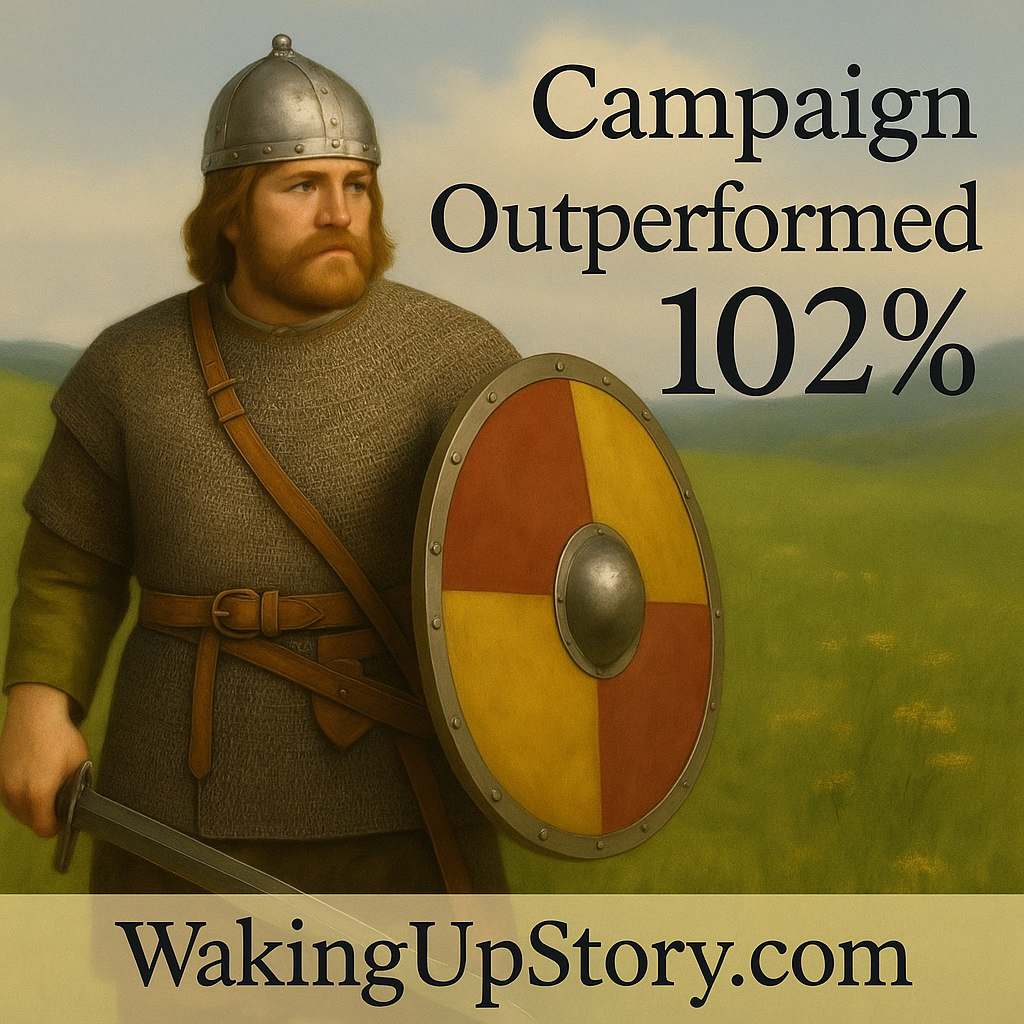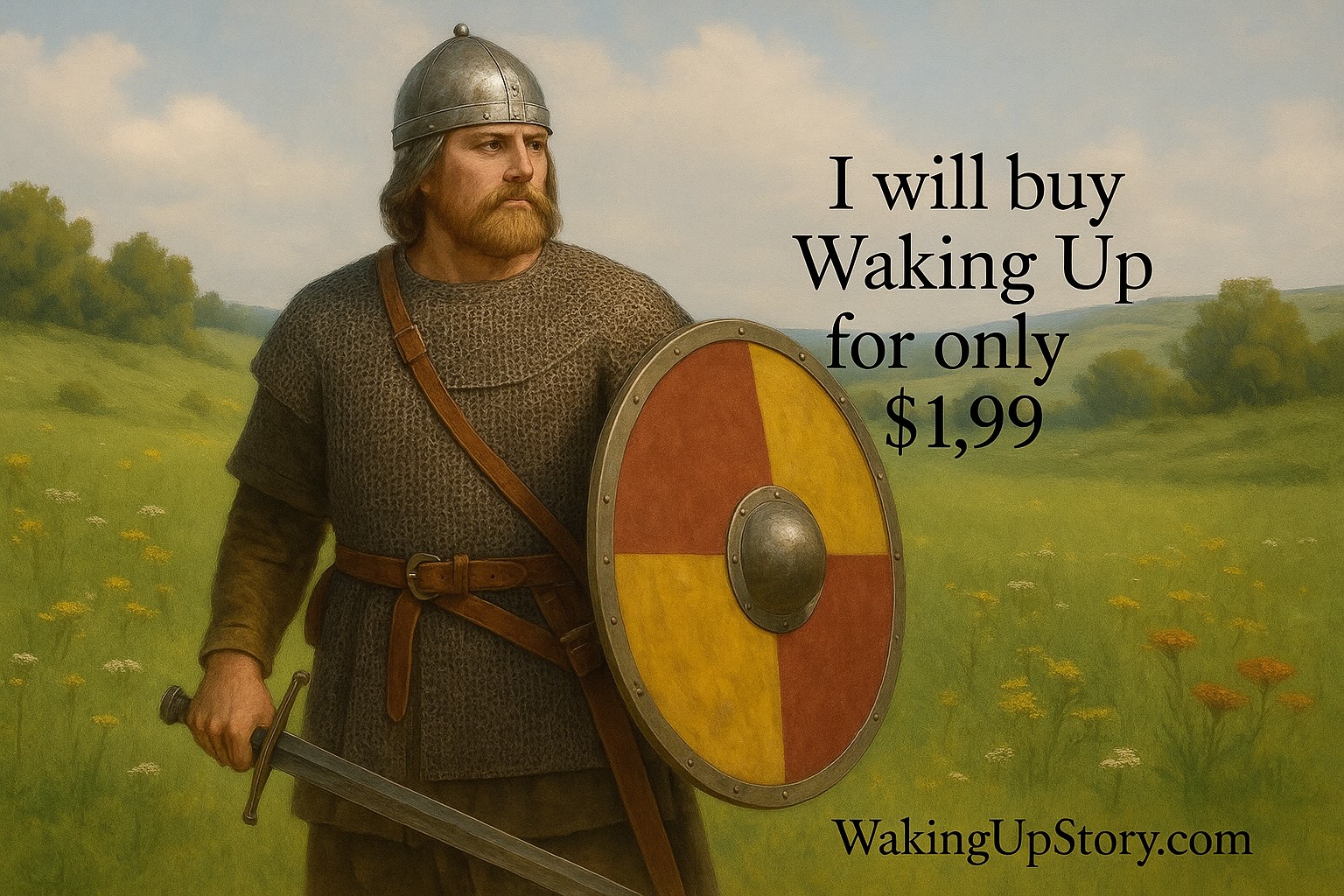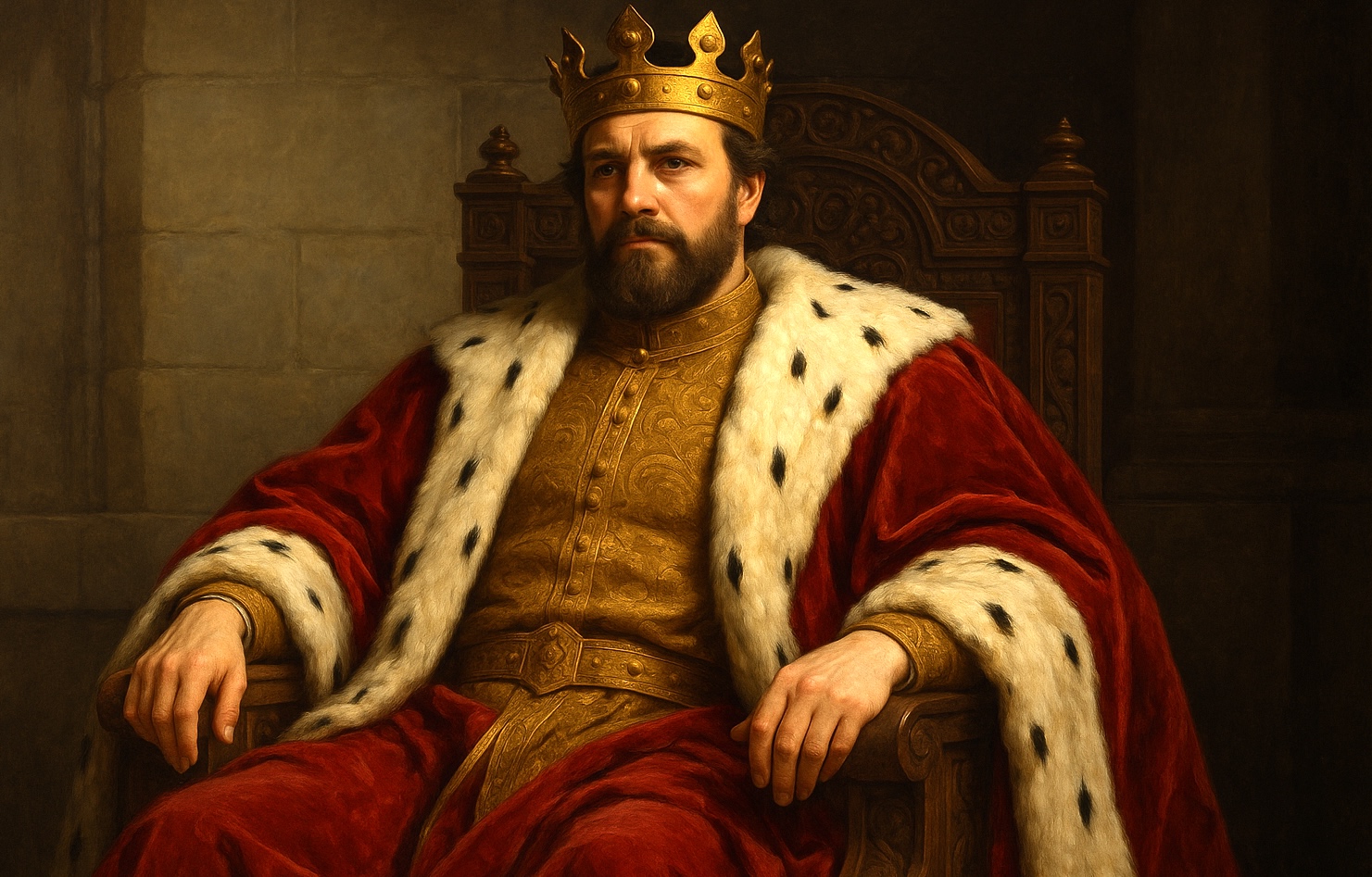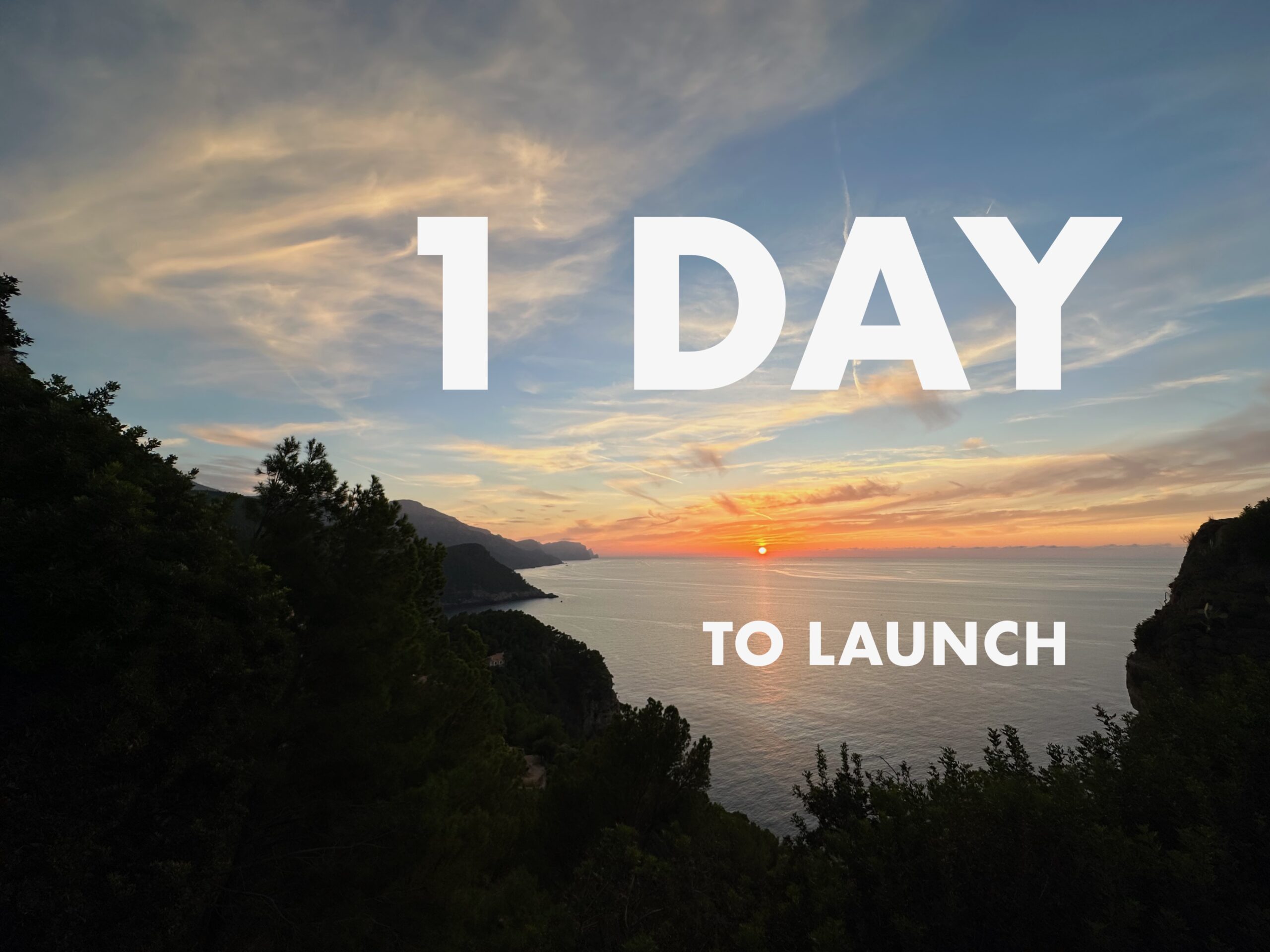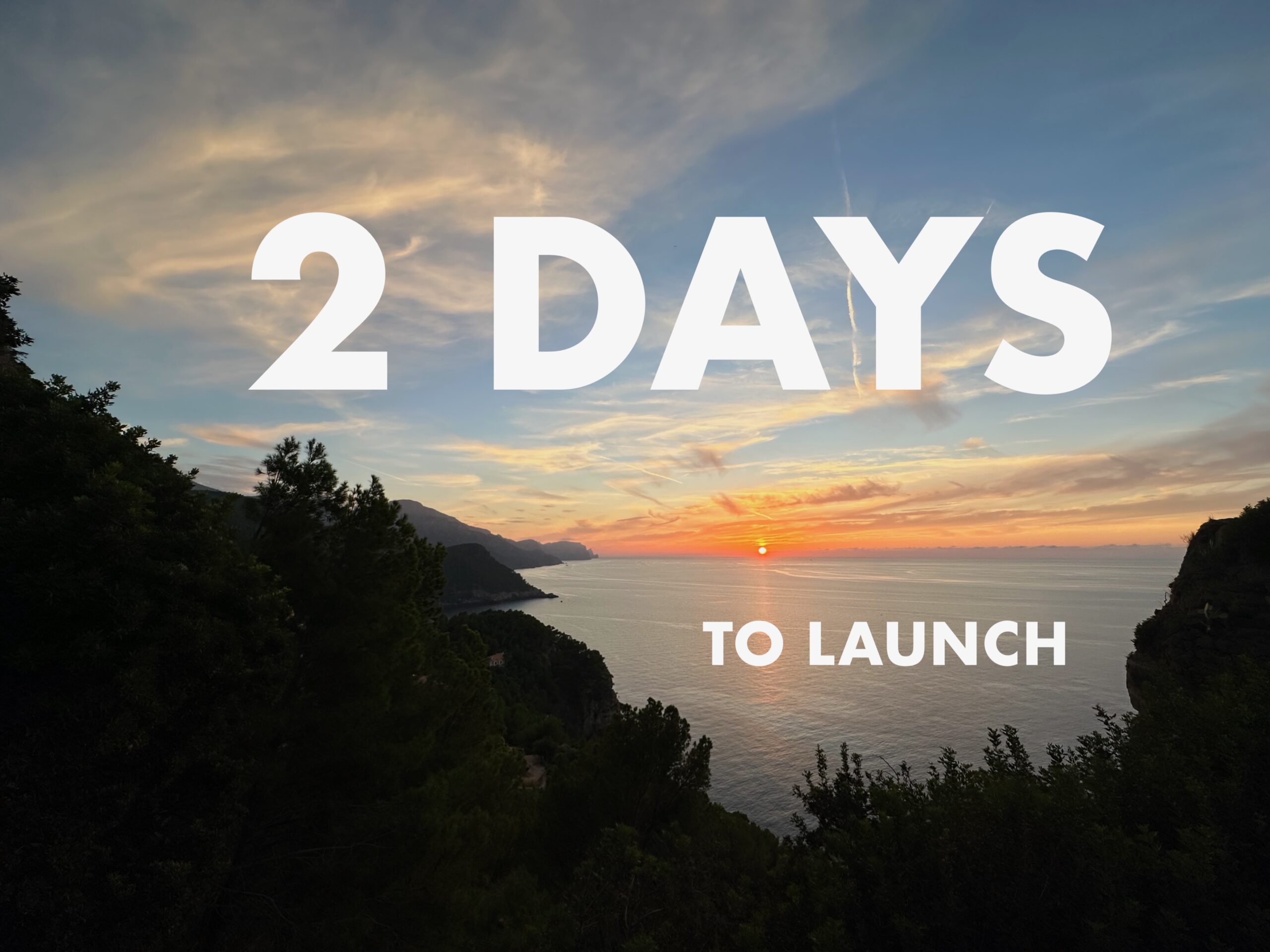Today, I want to share the first ten pages of Chapter 5: “Panic.”
This is the moment where the future really begins.
Until now, we’ve followed Benjamin Michaels in a world that feels uncomfortably close to our own — a man of wealth, power, and terminal illness, making one last bet on a future he may never see.
Then… he wakes up.
And nothing makes sense.
This is the first chapter set in the future. It’s long. It’s raw. It’s where everything he thought was real begins to unravel — and where his real journey begins. Not just across time, but inward. Because waking up isn’t just about cryogenics. It’s about transformation.
Thank you for following me on this countdown. If you’ve preordered already — truly, thank you. And if not, the book is still just $0.99 until launch day.
👉
Now, here is:
Chapter 5: Panic
(excerpt begins below)
5. Panic
A faint, rhythmic beeping pierced the black void. Muffled voices murmured nearby, pulling Benjamin Michaels from the abyss of unconsciousness. Slowly, the darkness began to crack, light bleeding through in soft, overexposed patches.
“All systems are working now,” Dr. Alvarez said, her voice firm and clinical. Her long black hair framed a face both striking and calm, her faint Spanish accent giving her words a soothing cadence.
“Okay,” Dr. Carter responded, his youthful enthusiasm barely concealed under his professional demeanor. This one male. Tinged with curiosity, “Let’s see if there’s any consciousness in there.”
Ben’s mind floated somewhere between awareness and confusion. He tried to anchor himself, but the words drifting through the haze made no sense.
“Not too much cell damage, at least on this one,” Dr. Alvarez continued.
“Yes, he’s from 2015. They’d come quite far with the vitrification process by then. These people actually have a chance. Only thirty years earlier, and they’re… mishmash.” Dr. Carter added.
Mishmash? Ben’s groggy mind grasped at the term, but it slipped through his mental fingers like smoke.
The man’s voice took on a note of excitement. “Pretty incredible, this project. I’m glad there was a consensus on waking up the stiffs. I mean, we’re waking up people from a century ago! Imagine the mindset differences. He’s in for quite the surprise.”
“Let’s hope he can integrate easily,” Dr. Alvarez replied. “You’re new here, aren’t you? This is my hundredth wake-up.”
Her tone softened, and Ben felt the weight of her words pressing against the fog in his brain.
“He could come around any time now.”
The light grew sharper, shapes beginning to form. A blurred ceiling loomed overhead, sterile and sleek, punctuated by the hum of advanced medical equipment. Two figures hovered in his periphery, their faces indistinct.
“I think the time is now,” Dr. Carter said. “His eyes are open.”
Ben blinked, the blurry shapes sharpening into the faces of a man and a woman dressed in futuristic white coats.
A third figure, a nurse, stood off to the side, observing silently.
“Mr. Michaels?” Dr. Carter asked.
Ben struggled to form words. His throat felt dry, his tongue leaden. “Wh… where am I?”
“You’re at the Cryonics Hospital in Scottsdale, Arizona,” Dr. Alvarez answered. “I think you should rather ask ‘when,’ not ‘where.’”
“When?”
“The year is 2115 in your time frame,” Dr. Carter said, smiling slightly.”Although we call it 56 YC now. You’ve been asleep for a hundred years. Welcome back.”
A hundred years? Ben’s breath caught in his throat. He tried to sit up but was immediately overwhelmed by dizziness. The woman reached out, steadying him with a firm hand.
“Take it slow,” she said. “Can I call you Ben?”
He nodded weakly.
“We just need to run a few basic tests,” she continued, holding up two fingers. “How many fingers do you see?”
“Two,” he muttered, his voice hoarse.
“Good. Can you tell me your full name?”
“Benjamin Thomas Michaels. YC?”
“Yes. The Year of Civilization. The first year no human was killed by another human on the planet.” Dr. Alvarez replied.
She looked into the air in front of her, her gaze flickering as if reading something only she could see. “Your mother’s name?”
“Sarah,” he said automatically.
“And her maiden name?”
“Johnson.”
“Excellent.” The woman straightened, sharing a brief glance with her colleague. “How are you feeling, Ben? Any headaches?”
“A little…” He reached up, brushing his fingers against his face. His hair was longer, thicker than he remembered. His chin, usually neatly shaved, felt strange with a wild and untamed beard.
“We wash it but let it grow,” Dr. Carter explained. “Letting you decide your style for yourself later.”
Dr. Alvarez adjusted his bed, easing it into a sitting position. “Let’s see if you can sit up without dizziness. There are still some nanobots in your bloodstream, repairing damaged cells. You might feel them as a faint tingling, but can also give you a headache now in the beginning.”
“Nanobots?”
“Yes, nanites, tiny machines that fix your body at a cellular level. After a freeze like this, there’s always some work to do.”
Ben’s heart raced. The surreal words—nanobots, freeze, a hundred years, 56 YC—were too much to process. He clung to the one thought grounding him: his cancer.
“My cancer…”
“Gone,” Dr. Carter said gently. “The nanites repaired the damage. But there’s still a little healing left for your brain to handle.”
Ben swung his legs over the edge of the hospital bed, the cool floor beneath his feet grounding him in the moment. The room smelled faintly of antiseptic, and the hum of distant machinery filled the air.
“Ben, you shouldn’t strain yourself too much just yet,” Dr. Carter cautioned, moving toward him with outstretched hands.
“But I feel fine,” Ben replied, brushing off the concern as he steadied himself. Then, after a pause, he added softly, “And my family…?”
Dr. Alvarez and Dr. Carter exchanged a glance, the kind that carried unspoken weight.
“Ben,” Dr. Alvarez began carefully, “it’s been a long time. We don’t know of any…”
“My trust,” Ben interjected, cutting her off.
Dr. Carter tilted his head. “Your trust?”
Ben pushed himself upright, ignoring their cautioning gestures. The doctors moved to steady him as he took tentative steps, his movements unsteady but determined. He looked around, almost marveling at his own ability.
“And you… did this? Cured me? I actually feel fantastic!” Ben exclaimed, a smile breaking across his face.
“Well, it was…” Dr. Carter hesitated. “You still have some very minor brain damage from the freeze. We recommend letting your body repair itself fully.”
Ben’s mind raced, calculating, speculating. He murmured under his breath, half to himself, half aloud, “One hundred years of value increase… oh my god… that’s at least…” His eyes widened. “I have to find my office.”
Ben’s excitement boiled over as he suddenly leaned forward, gripping Dr. Carter’s shoulders with a burst of energy. His voice trembled with intensity. “I feel fantastic! You’ve done something incredible. Thank you. Truly. Just… let me out of here so I can access my trust!”
Dr. Carter blinked, startled. “Your trust?”
“My assets! My money!” Ben’s voice rose with excitement.
Dr. Carter took a step back, his hands raised in a calming gesture. “Mr. Michaels, you have to get back in bed. You shouldn’t excite yourself too much right now. There’s still some brain repair to complete. It might make you a little emotionally labile for a few weeks.”
Ben frowned. “Emotionally labile? What does that mean? I have brain damage!?”
Dr. Carter hesitated, searching for the right words. “It means…”
“Brain repair?” Ben interrupted, his voice sharp and anxious.
Dr. Carter sighed. “…that you might become somewhat emotionally…” He paused again.
“Just tell me!” Ben demanded, his frustration boiling over.
“…Unstable. Like impatient, for instance,” Dr. Carter finally admitted.
Ben’s hands shot out, grabbing the front of Dr. Carter’s coat and pulling him close. “Just… take… me… to… my… money!” he growled, his face inches from the doctor’s.
Dr. Carter’s eyes widened. “There isn’t any money anymore,” he stammered.
Dr. Alvarez sent Dr. Carter a stern look, as if to silently reprimand him for the bluntness. Ben froze, his grip loosening.
“What do you mean there isn’t any money!?” Ben’s voice cracked with desperation.
“Ben, please get back into your bed,” Dr. Alvarez said gently, trying to guide him back.
“What are you talking about? The trust! Is it gone? What the…” Ben’s voice rose again, panic setting in.
“No, no,” Dr. Carter said quickly, trying to soothe him. “Everything will be explained later during your integration. Just…”
“Tell me!” Ben shouted, clutching his head as a sharp pain shot through it. “Aaaah!”
“Please calm down, Ben,” Dr. Alvarez said firmly. “The bots are still working. You’ll get a headache if you exert yourself too much right now. Please relax. Lie down.”
Ben groaned but allowed himself to be guided back into the bed. His breathing was heavy, and his eyes darted between the doctors, still filled with worry.
Dr. Alvarez’s voice softened. “You’ll have a little headache for a while, but it will pass as the nanites finish their work and your body adjusts to being alive again.” She hesitated before adding, “When it comes to money and the lifestyle of this new world, you’ll get an introduction very soon that will help you integrate into society.”
Ben’s lips trembled. “So, what are you saying? My trust is gone?” His voice broke, and he clutched his head again. “Aaaah!”
“Don’t worry, Ben,” Dr. Carter said, his tone soothing. “Everything is fine. Just relax, and it will all be clear in a few days. There’s nothing to worry about.”
Dr. Alvarez picked up a small device. “Here, I’ll give you a light sedative to help you sleep.”
Ben felt the slight pinch on his arm and murmured incoherently as the medication took effect. His eyelids grew heavy, and his final words before sleep overtook him was a barely audible, “My money…”
Darkness consumed Ben, but it didn’t offer peace. Fragments of memories and emotions crashed through his mind. He was back on the streets of New York, but everything was warped, dreamlike. He sat on the cold pavement dressed in rags, an empty tin can trembling in his hands. The city skyline loomed, mocking him, while faceless figures walked by, their laughter sharp and cruel. One figure threw a penny into his tin can.
“Thank you,” he mumbled to the passerby, his voice hollow. The tin can clinked with two single coins, their sound echoing in the void.
The figures began to morph, their faces becoming his own—dozens of Bens staring back at him, their eyes empty. “No money,” they chanted, their voices merging into a deafening roar.
Exhausted, Ben leaned his head against the wall behind him, nodding off a short minute.
Then, in the dream, he awoke suddenly, finding the tin can empty. A frantic search began, crawling on all fours, his fingers scraping against the pavement, hunting for the lost coins. His breath quickened as realization hit him: everything he had in this world was gone. A sense of dread tightened around his chest, echoing even as he awoke in the hospital.
“My money!” He screamed sitting up in his hospital bed, his voice echoing in the empty room. No one was at work this early in the morning, save for a lone robot in the hall.
Did you like this and want to read the whole book? Ok, then preorder is still only $0,99 until May 2. 2025

